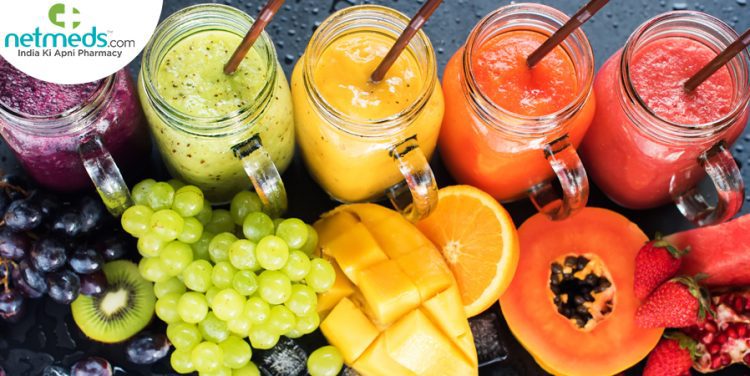The nine-day long festivities for Dasara, also called Navratri, Dussehra is here and it’s time to prep up for days of rituals, chanting, dancing in religious fervour, plenty of cooking, and dressing up. Navratri is one of the biggest Hindu festivals which is celebrated with great enthusiasm across the world. People worship the different avatars of Goddess Durga for nine days; Goddess Durga is believed to have nine unique incarnations and each deity implies a distinct power. Navratri means nine nights in Sanskrit and is a grand occasion celebrated during the Hindu month of Ashvin, which falls between September and October and most people observe fasts.
Generally, people in north, west, and central India observe Navratri vrat on all nine days, while some people fast only on the first and last day of the festival and refrain from eating grains, salt, and specific vegetables.
Fasting is a way of paying our gratitude to the Goddess. During the vrat people avoid eating meat, grains, alcohol, onion, garlic, etc. As per Ayurvedic manuscripts, these foods attract and absorb negative vibes, and thus should be restricted during the seasonal shift as the system tend to have low immunity. Certain ingredients such as kuttu atta, singhara atta, fresh vegetables, milk, yogurt, and makhanas are preferred as they are light on the tummy and can be easily digested. Also, instead of regular salt, rock salt or sendha namak is used as it is pure and unprocessed. Additionally, those who cannot fast for health reasons may follow a vegetarian satvik diet, where certain food components like garlic and onions that generate heat in the system are avoided to let the body detox.
Also Read: Dasara Navratri: Health Practices That Will Awaken The Power In Every Woman
Fasting is a practice that confers many health benefits including weight loss, better blood sugar control, reduce inflammation, augment cardiac health, and supporting the body to rejuvenate and detoxify. But when you are fasting and restricting food, you may have symptoms like fatigue, dizziness, constipation, dehydration, etc. Therefore, it is essential to deliver the body adequate nutrition for proper functioning while fasting.
Here we have listed 5 instant energizers to kickstart the system and beat fatigue.
Dry Fruit Banana Lassi
If you are feeling extremely tired and dizzy, then charge up with this nourishing drink. Dry fruit and banana lassi will offer you instant energy and replenishes fluid lost. Also, dry fruits add to the total nutritional value and yogurt delivers the gut with good bacteria to combat digestive issues. To make dry fruit banana lassi, blend yogurt, banana, and a handful of walnuts in a food processor until smooth and creamy.
Sharbat
Sharbat is an energizing and refreshing drink that serves as a perfect beverage while fasting. It is an excellent way to restore the system with electrolytes. Sharbat is loaded with vital minerals and vitamins that avert dehydration. To make sharbat take lemon juice, palm sugar, and a pinch of Kala namak, blend well with cold water and serve.
Also Read: Sharbat: Relish These Summer Coolants To Beat Heat, Recipes And Health Benefits
Mixed Fruit Smoothie
Fruit smoothie is the perfect drink that offers you a quick source of energy. Smoothies helps to rejuvenates the system and keeps you satiated and balance the sugar levels. Combine a cup of mixed fruit with a glass of milk, and honey in a blender and blend well.
Dates Milkshake
Dates milkshake is a storehouse of nutrition and a must-to-have drink for Navratri fasting. Packed with a natural source of sugar this drink can instantly energize you and fights fatigue. To make this milkshake take a handful of dates, and a glass of milk and blend well in a blender.
Fruit Juice
Fresh fruit juice is one of the best options to charge up your fuel and keep you active. Laden with essential nutrients helps to maintain fluid balance and avert dehydration. Apple, melons, mango, berries, grapes and guavas are some of the fruits that can be churned to keep a nourishing drink.
Source by www.netmeds.com


